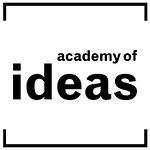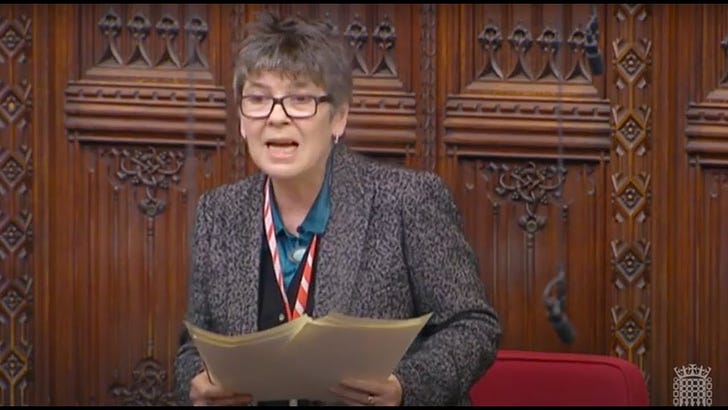Recorded on Sunday 21 October 2013 at the Battle of Ideas festival at the Barbican in London
‘Ideas are the cogs that drive history, and understanding them is half way to being aboard that powerful juggernaut rather than under its wheels’. AC Grayling
Society seems woefully lacking in Big Ideas, and we seem to crave new thinking. In Britain, great hopes rest on the legacy of the Olympics, but however inspiring the sporting excellence we all witnessed, is it realistic that a summer of feel-good spectacle can resolve deep-rooted cultural problems, from widespread disdain for competitition to community fragmentation? In America, Mitt Romney has pledged to pit substantial ideas against the empty ‘yes, we can’ sloganeering of Barack Obama, with his running mate Paul Ryan dubbed the ‘intellectual’ saviour of the Republican Party, but can they really deliver? Europe, once the home of Enlightenment salons, is now associated more with EU technocrats than philosophes. Looking to the intellectual legacy of the past is considered out of pace with an ever-changing world. We seem estranged from ideas associated with important moments in history - the Renaissance, the Enlightenment, the American and French Revolutions. Can even a basic idea like free will survive the challenges of neuroscience and genetics? When the internet offers information at the click of a mouse, what’s the point of pedagogy?
Some contend intellectual life has rarely been healthier; after all today’s governments appoint economists, philosophers and scientific advisers to positions of influence, and the fashion for evidence-based policy puts a premium on academic research. Nevertheless, the emphasis is on ‘what works’ utility and short-term impact rather than open-ended, risky ideas. Often data is passed off as Truth, and Socratic dialogue replaced by rows over conflicting evidence. The scramble for the next Big Idea seems to have replaced the creative and painstaking development of ideas. It’s as though serious ideas can be conjured up in brainstorming sessions or critical-thinking classes. But think-tanks kite-flying the latest outside-of-the-box, blue-skies-thinking speak more to pragmatism and opportunism than following in the tradition of Plato. Ideas become free-floating, divorced from their origins, and take on any meaning one cares to ascribe to them. Hence freedom can mean protection, its defence leading to illiberal regulations; equality can mean conformity and sameness; tolerance becomes a coda for indifference, and individualism denotes little more than selfishness.
Where apparently novel concepts catch on, from sustainability to fairness, identity to offence, they are often little more than fashionable sound-bites. Other ideas are even described as dangerous; those who espouse the ‘wrong’ ideas branded as modern-day heretics. But can we ever hope to approach the truth if we stifle dissent? Is intellectual life on the wane? Is it conservative to cling to old ideas, or if we don’t stand on the shoulders of giants, are we doomed to stand still ? Might truth seeking be more important than the Truth?
Speakers:
Andrew Keen entrepreneur; founder, Audiocafe.com; author, Digital Vertigo: how today's online social revolution is dividing, diminishing, and disorienting us Professor Ivan Krastev Chairman of the Centre for Liberal Strategies in Sofia; permanent fellow at the Institute for Human Sciences in Vienna Dr Ellie Lee reader in social policy, University of Kent, Canterbury; director, Centre for Parenting Culture Studies Rob Riemen writer and cultural philosopher; founder & president, Netherlands-based Nexus Institute; author, Nobility of Sprit: a forgotten ideal and The Eternal Return of Fascism Chair: Claire Fox director, Academy of Ideas; panellist, BBC Radio 4's Moral Maze










